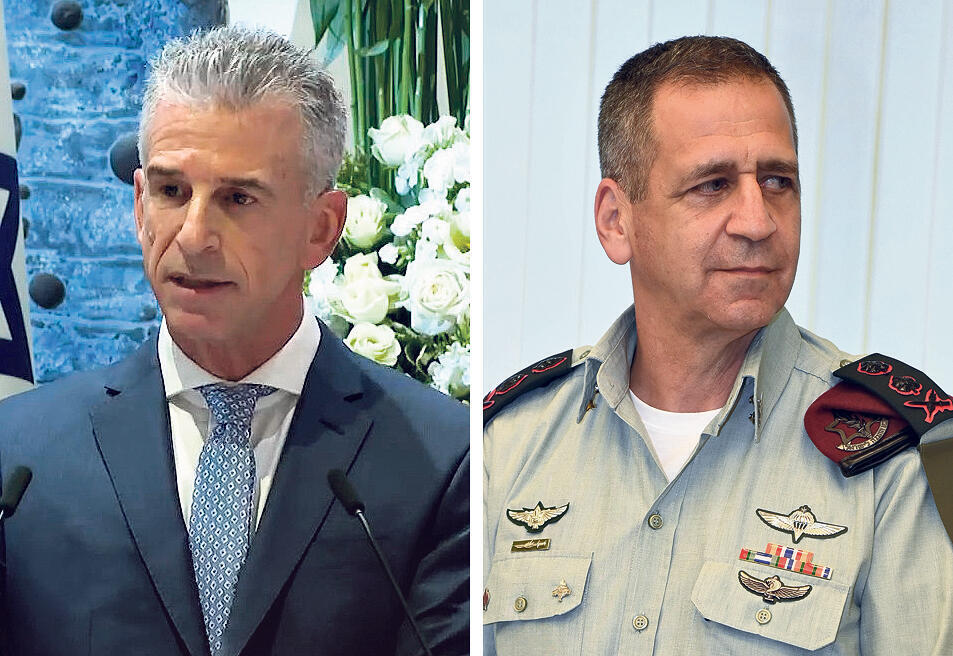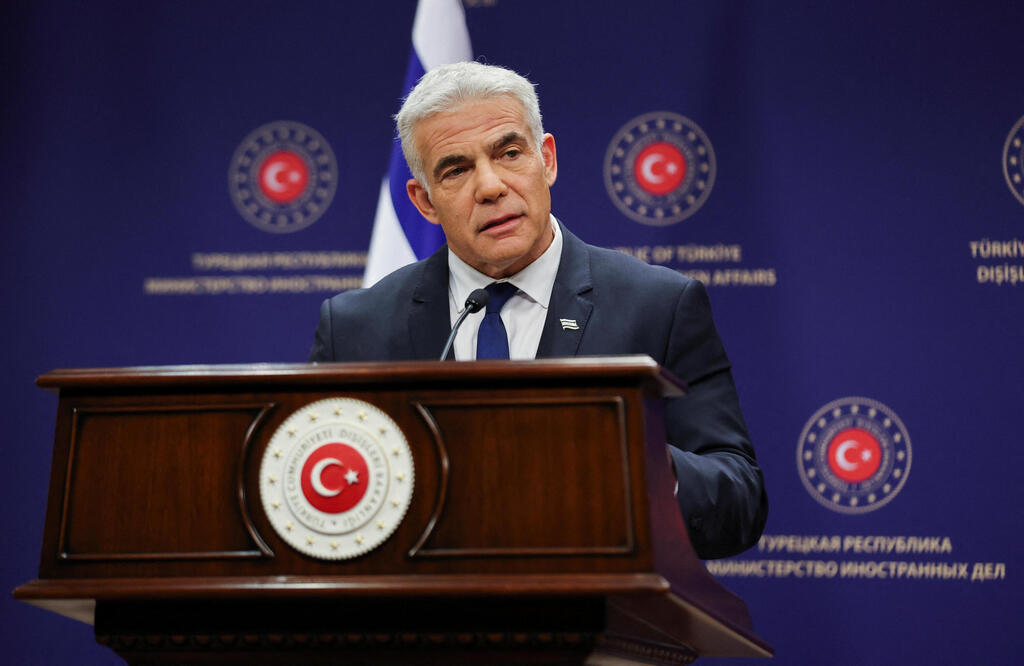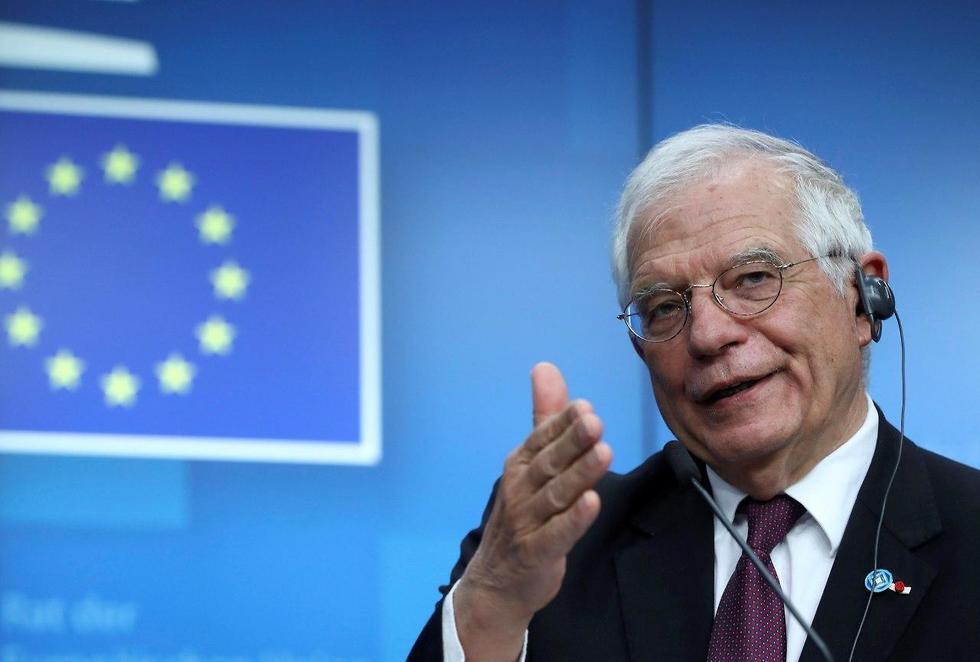Getting your Trinity Audio player ready...
As Iran and world powers announced they intend to return to the bargaining table on the revival of a plan to rein in Tehran's nuclear program, a heated debate was sparked within Israel's defense establishment on the Jewish state's stance on the resumption of talks.
These disagreements further deepened after reports suggested that a growing number of senior IDF officers prefer a bad deal that would buy Israel more time to produce viable strike options, over no deal at all.
However, the national intelligence agency Mossad opposes a return to the tattered nuclear pact and believes that the reports are part of a pressure campaign to sway Foreign Minister Yair Lapid, who is expected to assume the role of prime minister soon, to throw his weight behind the talks.
The spy agency views the agreement very unfavorably and believes it will delay Iran's nuclear program by no more than two and a half years, which it says is not long enough for the military to devise a comprehensive offensive plan.
Mossad officials assert that lifting Western economic sanctions as part of the framework of a potential agreement would only encourage Tehran to pump more money into its proxies and further entrench itself across the Middle East. They also believe that Iran would accelerate uranium enrichment untrammeled by the supervision of world powers once the agreement's sunset provision expires in 2025.
3 View gallery


Mossad Director David Barnea and IDF Chief of Staff Aviv Kochavi
(Photo: GPO, Yair Sagi)
Meanwhile, Mossad Director David Barnea and IDF Chief of Staff Aviv Kochavi seem to be on the same page in their opposition to the deal.
On Saturday, EU Foreign Minister Josep Borell announced during a visit to Iran that Tehran had agreed to resume negotiations in Vienna after stalling for months, while the Islamic Republic enriches uranium closer than ever to weapons-grade levels under decreasing international oversight.
Israel remains stalwart in its official position against the agreement with Jerusalem demanding that Iran's powerful Islamic Revolutionary Guards Corps (IRGC) remain on the U.S. Foreign Terrorist Organizations List and ongoing probes against the country remain open while Israel gets to maintain its freedom of action across the region.
The Iranian issue is expected to be in the heart of U.S. President Joe Biden's visit to Israel next month.
Hopes to salvage the nuclear deal were in the doldrums in recent months after talks hit a wall in March against the backdrop of Russia's invasion of Ukraine, with Tehran's insistence the U.S. remove the IRGC off its terror list being a major sticking point in negotiations. However, recent reports suggest Tehran has given up on its demand.



